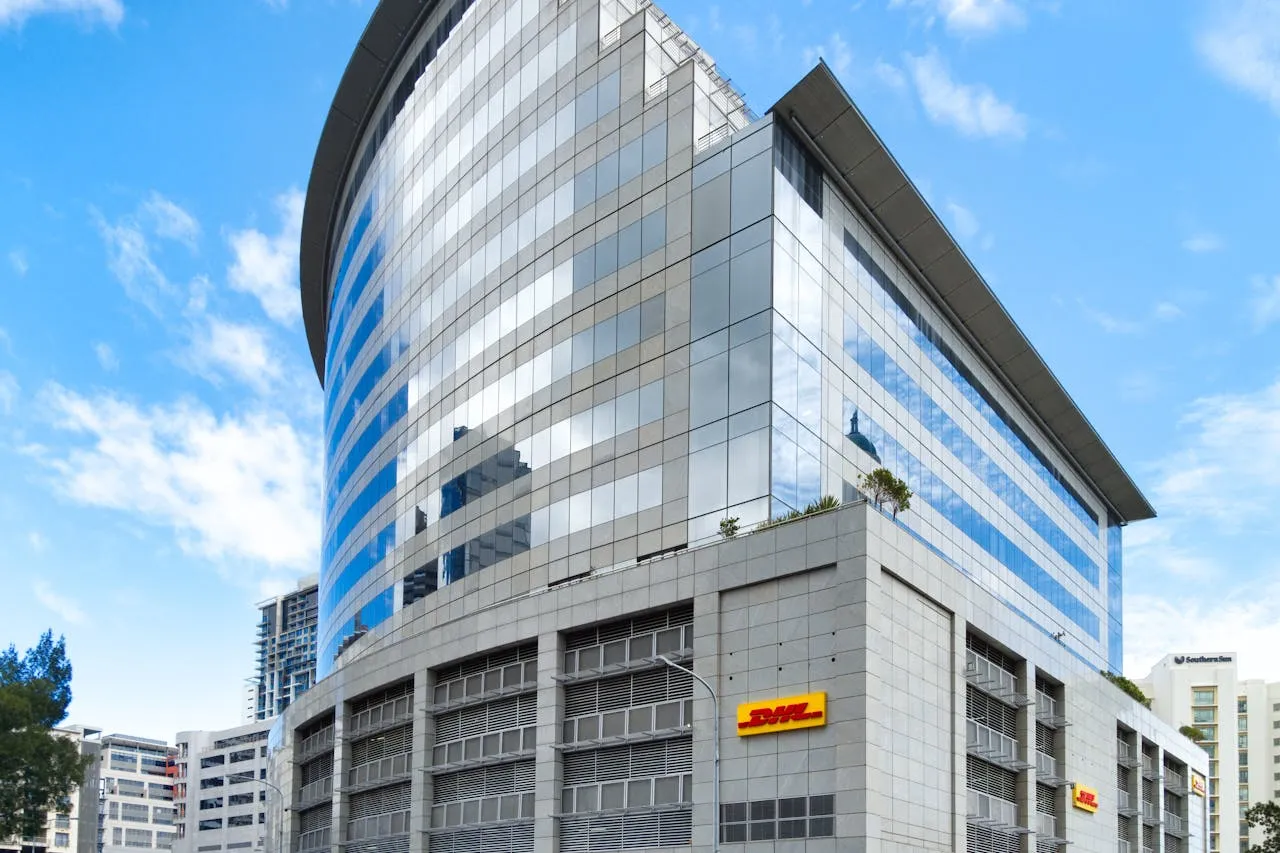
South Africa Construction Report Q4 2024: Output to Shrink 0.5% in 2025 After 5% Drop in 2024
The report titled “South Africa Construction Market Size, Trends, and Forecasts by Sector – Commercial, Industrial, Infrastructure, Energy and Utilities, Institutional and Residential Market Analysis to 2028 (Q4 2024)” has been incorporated into ResearchAndMarkets.com’s extensive database. This comprehensive study provides in-depth insights into the South African construction market, shedding light on trends, sectoral developments, and growth forecasts up to 2028.
Market Overview and Forecasts
The South African construction industry is anticipated to face further contraction in 2024, declining by 5% in real terms. A subsequent decline of 0.5% is expected in 2025, primarily due to macroeconomic challenges, including sluggish economic activity, elevated construction costs, and decreased residential and civil construction activity. These obstacles continue to place significant pressure on the industry, leading to a slowdown in project development and execution.
According to data from Statistics South Africa (Stats SA), the average construction materials price index increased by 6.5% year on year (YoY) in the first ten months of 2024. This followed an annual increase of 6.6% in 2023, reflecting persistent inflationary trends in the sector. Additionally, the price index for civil engineering construction materials rose by 6% in the same period, following a 4.4% increase in 2023. These rising material costs have compounded financial strain on construction companies, influencing project feasibility and investment decisions.
Despite these near-term challenges, industry analysts project a turnaround in the latter part of the forecast period. From 2026 to 2028, South Africa’s construction sector is expected to experience an average annual growth rate of 3.5%. This resurgence will be fueled by increased investments from both the public and private sectors, particularly in infrastructure and energy projects. Additionally, government-led initiatives aimed at boosting the renewable energy sector and reducing carbon emissions are expected to create new opportunities for industry players.
Key Growth Drivers
One of the primary catalysts for growth in the South African construction industry is the nation’s commitment to expanding its renewable energy capacity. The government has set an ambitious target of increasing the share of renewable energy to 50% of the total energy mix by 2050, aligning with broader global sustainability objectives. The push toward net-zero carbon emissions has attracted substantial investment, paving the way for the development of new energy infrastructure projects.
In September 2024, a significant investment deal was announced between the European Investment Bank (EIB) and FirstRand Bank Ltd, a leading South African financial institution. The joint venture will channel ZAR7.4 billion ($400 million) into renewable energy projects, focusing on photovoltaic solar power, wind energy, and energy efficiency initiatives. This capital injection is expected to drive demand for construction services, particularly in the energy and utilities sector.
Additionally, independent power producer (IPP) Terra Firma unveiled plans to develop a new solar power plant in South Africa, with an estimated investment of ZAR1.3 billion ($70 million). This facility will have an installed capacity of 110MW and is set to play a crucial role in bolstering the country’s renewable energy infrastructure. Such large-scale projects signal an increasing commitment from both local and international stakeholders to develop sustainable energy solutions, subsequently stimulating the industry.
Market Segmentation and Project Pipeline
The South African construction market is segmented into multiple sectors, each with distinct growth trajectories and investment opportunities:
- Commercial Construction: The commercial construction sector, encompassing office spaces, retail developments, and hospitality projects, is facing sluggish growth due to economic uncertainty. However, renewed investor confidence and business expansions are expected to revive this segment in the coming years.
- Industrial Construction: Industrial construction, particularly in manufacturing and logistics, is set to benefit from increased infrastructure development and government incentives aimed at bolstering local production capabilities.
- Infrastructure Construction: This segment remains a focal point for public sector investment, with large-scale projects aimed at improving transportation networks, water supply systems, and urban development initiatives.
- Energy and Utilities Construction: The energy sector continues to be a major driver of construction activity, particularly in the renewable energy domain. Investments in solar, wind, and hydroelectric power projects are expected to sustain long-term industry growth.
- Institutional Construction: Institutional projects, including healthcare facilities, educational institutions, and government buildings, are poised for moderate expansion, supported by increased government spending.
- Residential Construction: The residential sector has experienced a downturn due to rising costs and reduced consumer spending power. However, affordable housing initiatives and urban renewal programs are expected to revitalize this segment in the later part of the forecast period.
The report also provides insights into the mega-project pipeline, detailing various development stages and projected expenditure. By analyzing spending trends, industry participants can identify key areas of opportunity and align their business strategies accordingly.
Strategic Benefits and Business Insights
The research report offers a wealth of data-driven insights, enabling businesses and stakeholders to make informed decisions regarding the South African market. Some of the key benefits include:
- Identifying Market Opportunities: The report’s standardized valuation and forecasting methodologies help businesses pinpoint lucrative investment opportunities and market gaps.
- Micro-Level Market Analysis: With over 600 time-series data forecasts, the report provides granular insights into sector-specific trends and growth potential.
- Industry Trend Analysis: The latest industry developments, policy changes, and macroeconomic indicators are analyzed to help businesses stay ahead of market dynamics.
- Strategic Business Planning: The report offers actionable insights that aid in formulating effective business strategies and mitigating risks.
- Competitive Analysis: A comprehensive evaluation of key market players, including contractors and consultants, allows businesses to benchmark their performance and understand competitive dynamics.
Key Topics Covered in the Report
- Executive Summary: An overview of key findings, market forecasts, and growth drivers.
- Construction Industry Overview: A high-level snapshot of sectoral trends and economic indicators.
- Market Context:
- Economic performance and outlook
- Political and regulatory environment
- Demographic trends and their impact on construction demand
- Risk analysis and mitigation strategies
- Construction Outlook by Sector:
- Comprehensive analysis of commercial, industrial, infrastructure, energy and utilities, institutional, and residential segments.
- Project analytics and major developments in each sector.
- Key Industry Participants:
- Listings of major contractors, consultants, and developers operating in the South African market.
- Construction Market Data:
- Statistical insights, historical trends, and future projections.
- Appendix: Additional resources, references, and methodologies used in the report.
Despite short-term headwinds, the South African market presents numerous growth opportunities over the forecast period. Investments in renewable energy, infrastructure development, and institutional projects are expected to drive long-term industry expansion. The latest report provides a comprehensive analysis of market trends, project pipelines, and investment opportunities, making it an invaluable resource for stakeholders looking to navigate the evolving landscape of South Africa’s construction sector.




